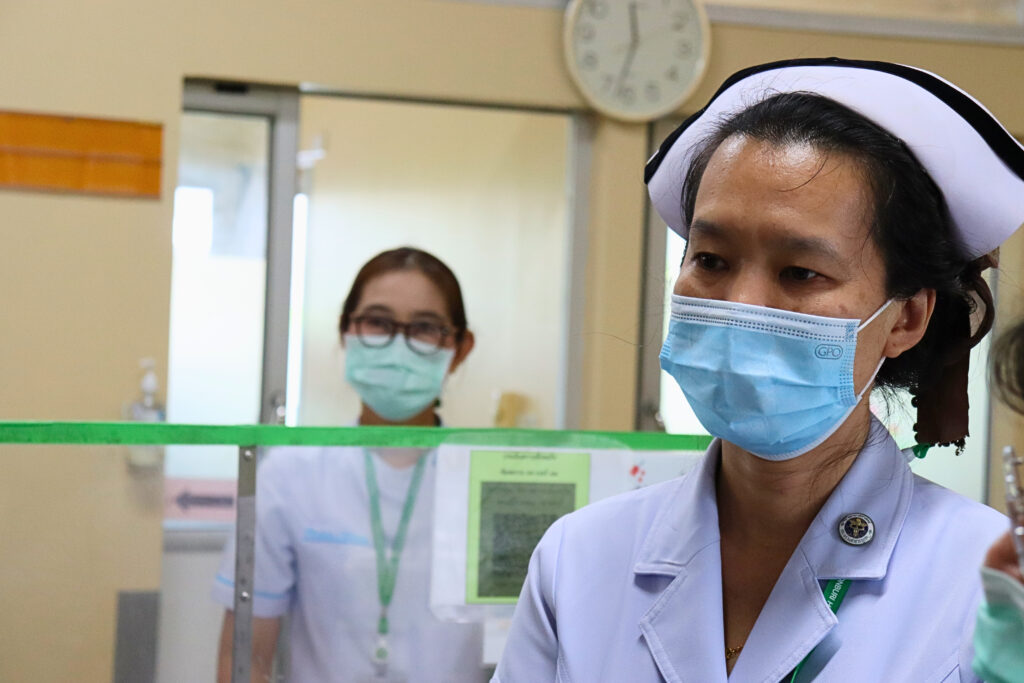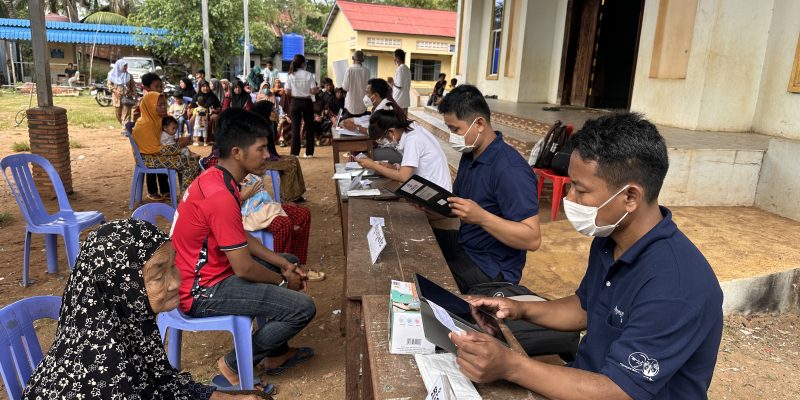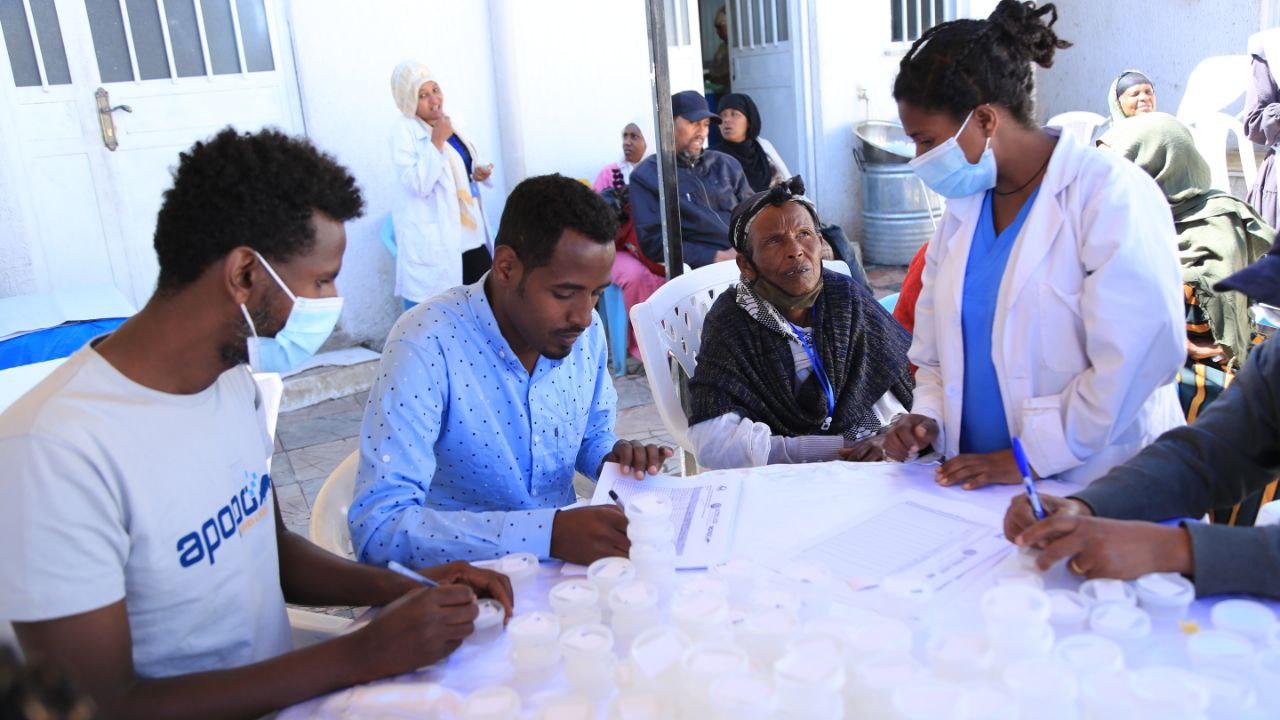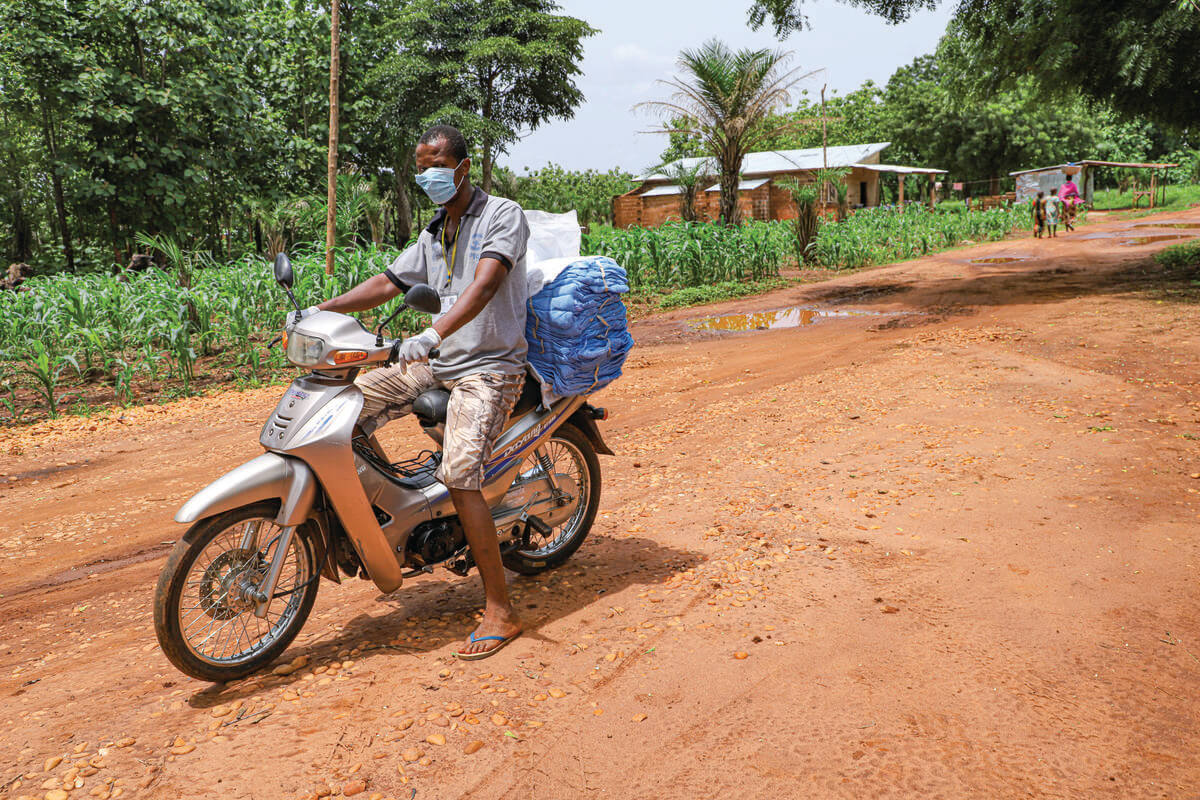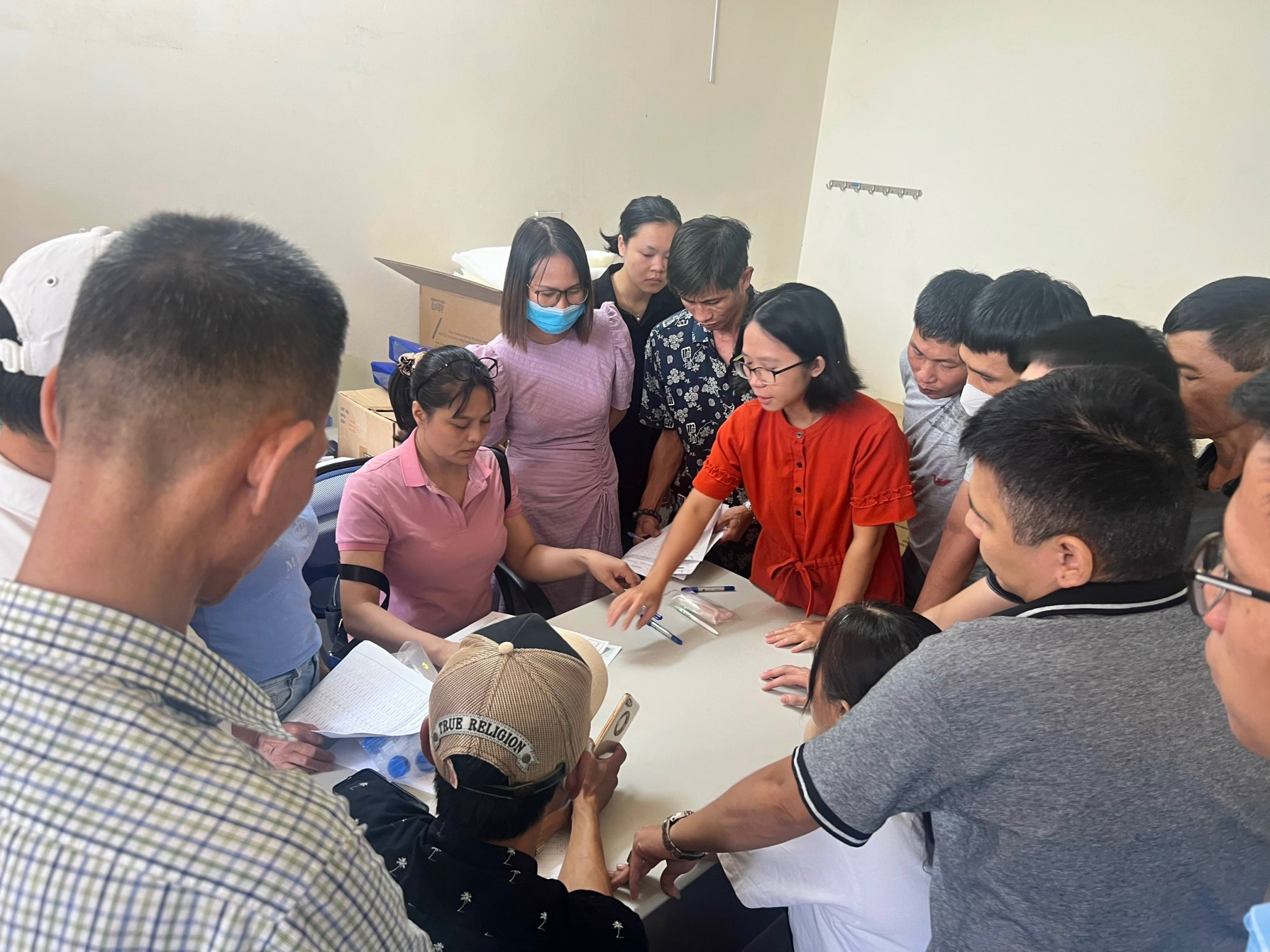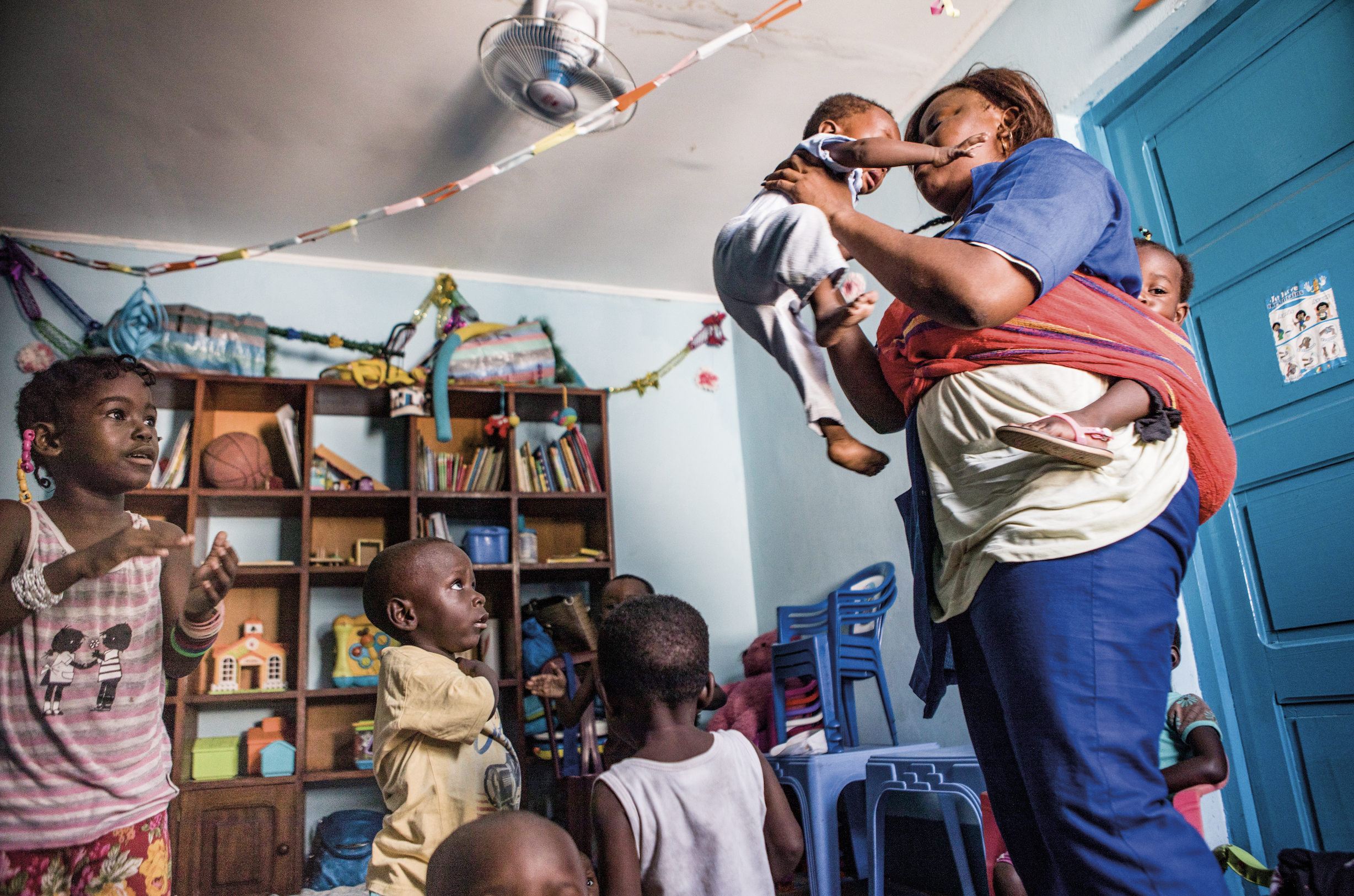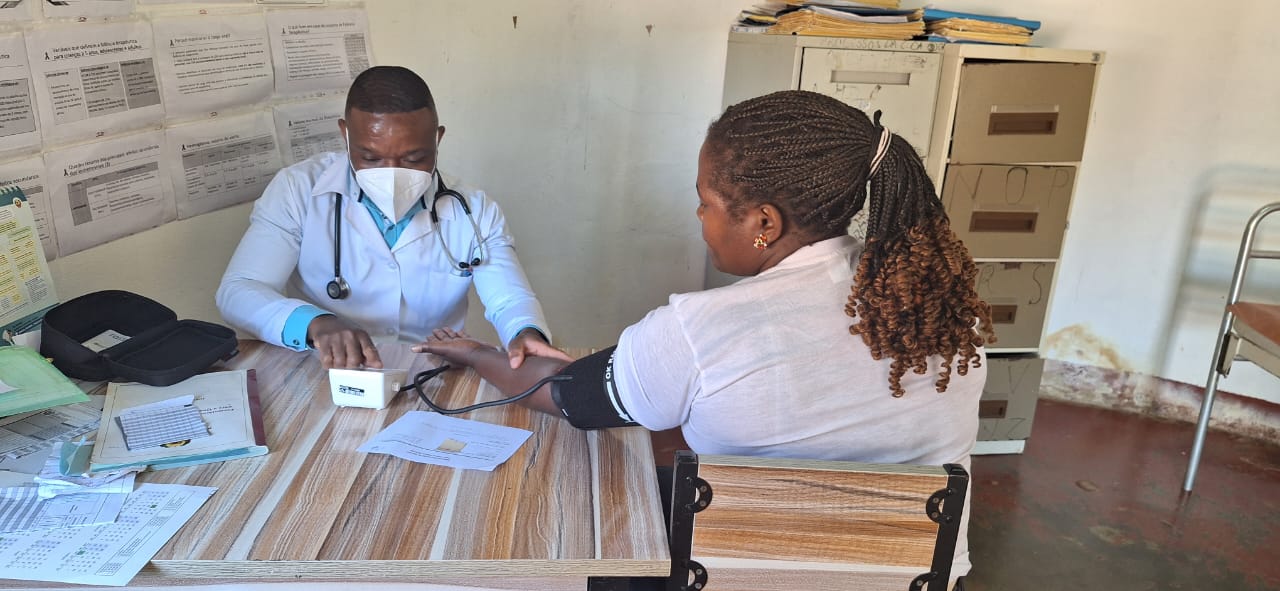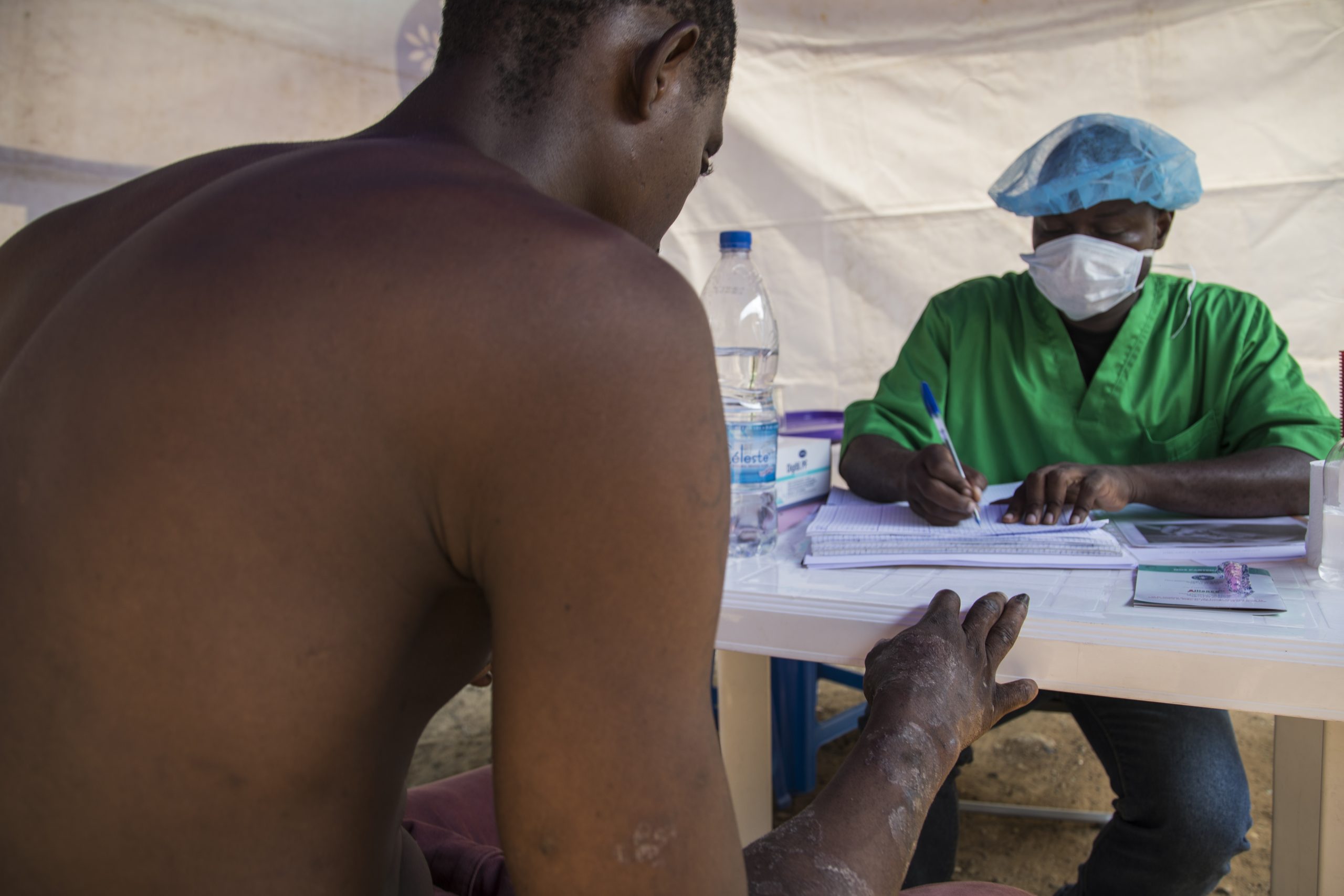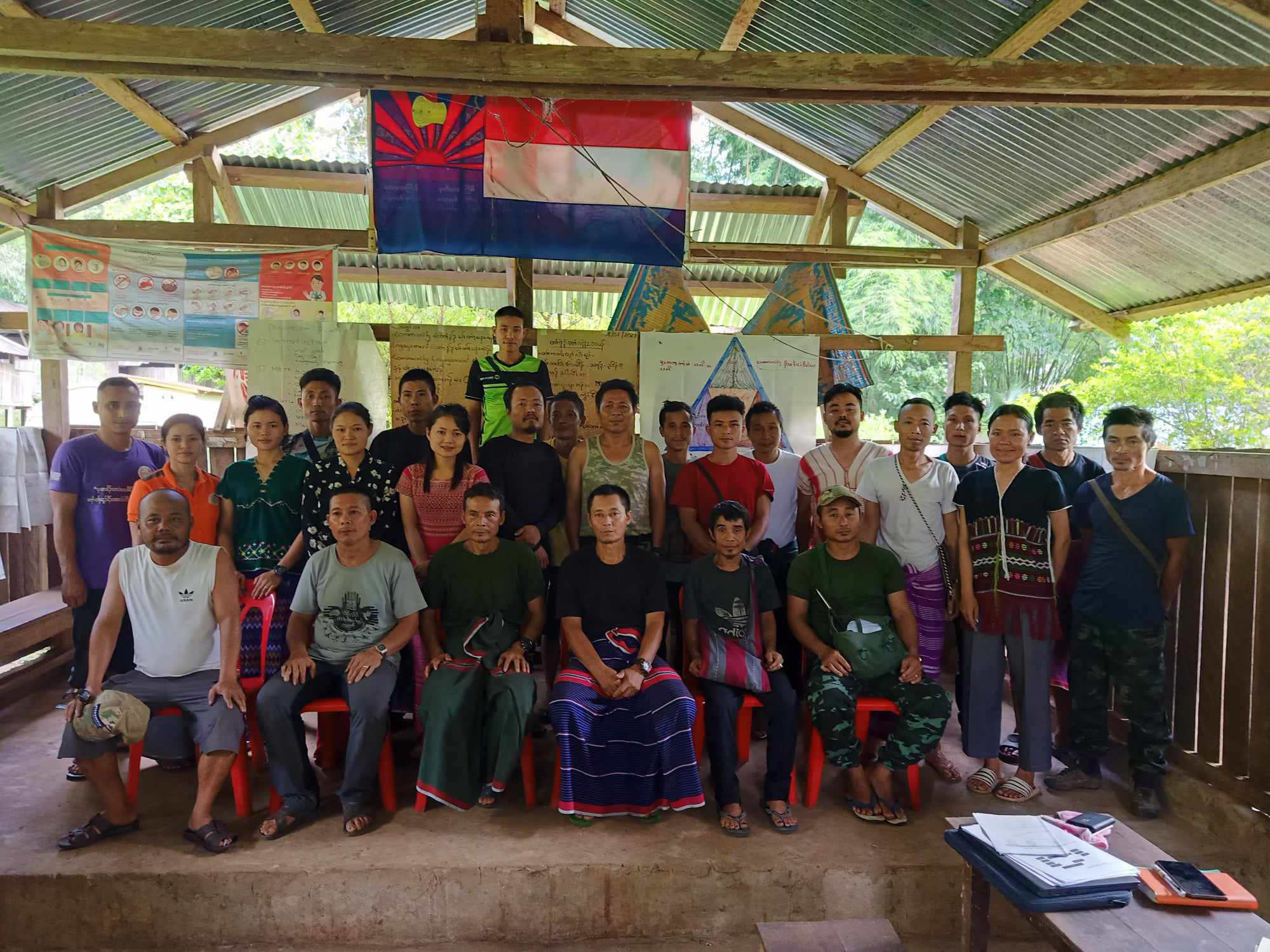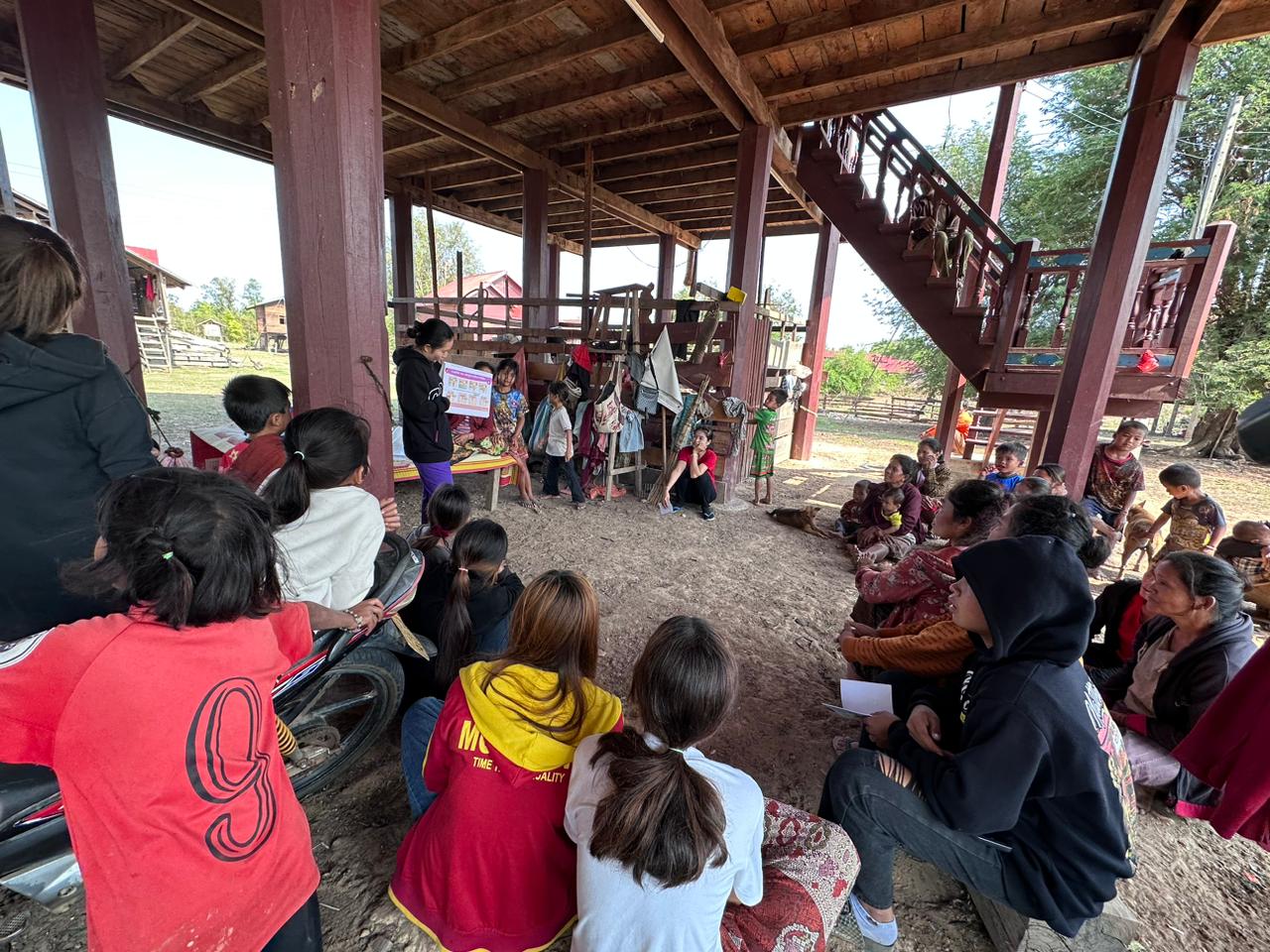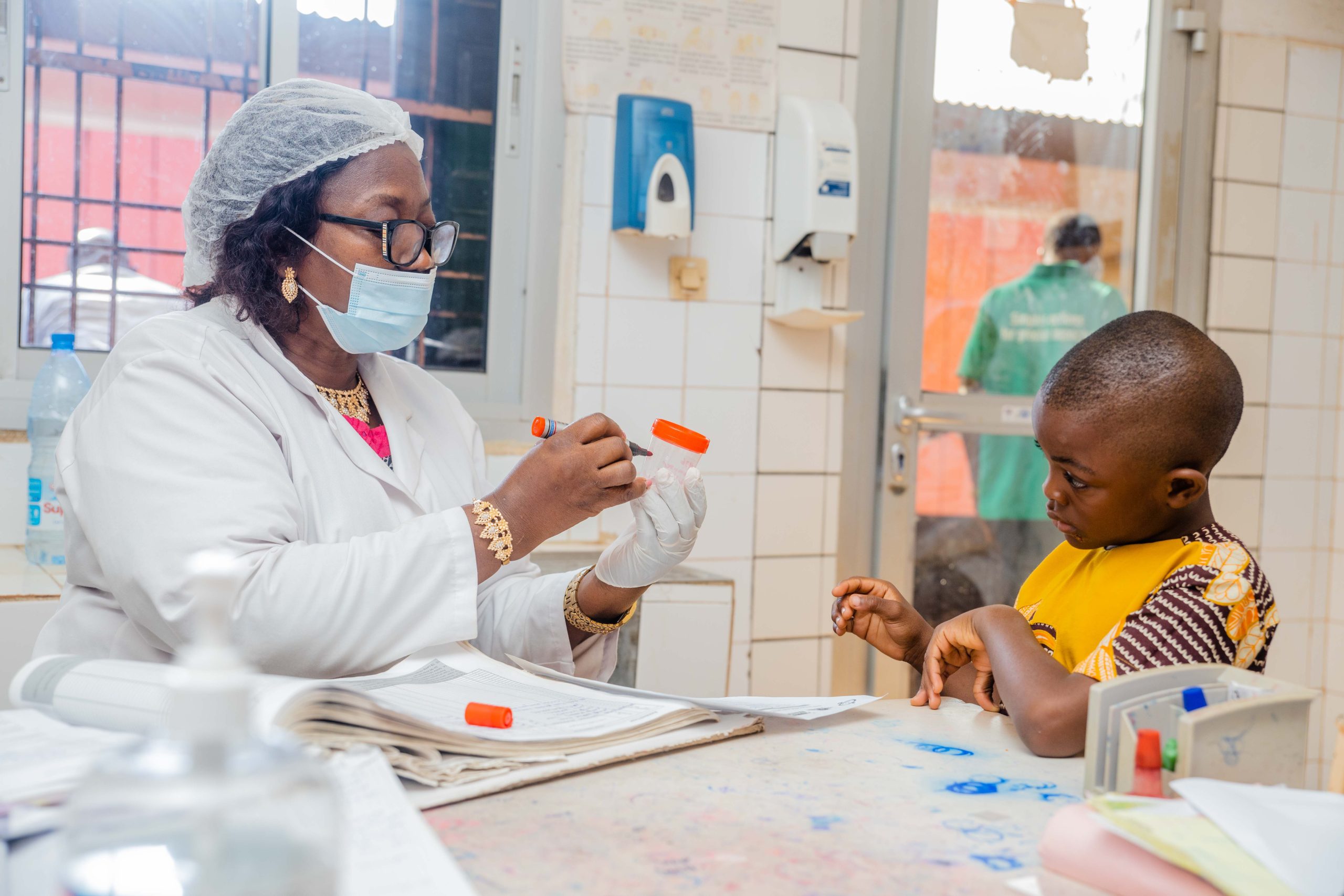The CAP-Thai project aims to improve tuberculosis case-finding and prevention. Through active detection and treatment, it addresses barriers to care, targeting vulnerable groups and generating evidence for widespread adoption.
Context
Thailand has seen important improvements in the health of the population over the last decades, with the establishment of a highly decentralized health system. However, the country is classified by the World Health Organization (WHO) among the 30 countries in the world with the highest tuberculosis burden. The tuberculosis has killed 13,700 Thai persons in 2022, according to the WHO, and one person falls ill with tuberculosis every 5 minutes in the country. Of all tuberculosis cases notified, only 1% represent children aged 0-14 years, suggesting underdiagnosis. Indeed, children become sick with a low level of the bacteria and the current tests cannot always detect the presence of the disease-causing germs. This operational research project focuses on increasing case-finding linked to tuberculosis prevention among high-risk populations.
Description
The overall objective of the project Cap-Thai is to evaluate the public health impact of an intervention, focusing on the household contacts of people newly diagnosed with tuberculosis. This intervention combines, on one side, the active detection and treatment of tuberculosis disease and, on the other, the provision, and the follow- up of tuberculosis preventive therapy to each household contact in whom active tuberculosis is excluded. Further, the feasibility and acceptability of the intervention among providers and users will be assessed. The study is implemented in 20-selected hospitals through a stepped-wedge cluster randomized design.
Impact
The project Cap-Thai will deliver immediate benefits to participants by providing curative and preventive treatment to contacts exposed to tuberculosis. It will grant healthcare providers access to vulnerable groups who may not seek care due to socioeconomic challenges, gender discrimination, fear of stigmatization or age-related barriers. The project will generate robust pragmatic evidence of the combined public health package, facilitating its generalization and uptake in the country, and beyond.
